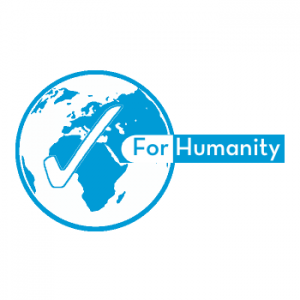 Some things are worth fighting for… liberty, freedom of speech…people have died for these.
Some things are worth fighting for… liberty, freedom of speech…people have died for these.
When the war between Iran and Iraq finished, I realised that we had lost some of the most courageous young men who lived through moments that one thought only existed in action movies. I was old enough to understand death, the risks they took and the fact that we will never see them again…they were gone. Although we were quick to judge them, I knew they fought for what they felt was right. Likewise and more so, there were plenty of brave young souls who sacrificed their lives on cold and damp foreign soil during the First and Second World Wars. The soil still seems fresh in graveyards for the loss of soldiers in recent wars, God bless them all.
For those of us unlucky enough to have lost loved ones, the images of those young lives sit in frames on fireplaces or shelves where, if we are lucky we might get glimpse of the smile that they left for us. Could one wish more than if they could just touch them and feel the warmth of their scent one more time … they are gone. For those of us left behind, what is their legacy? Do we see their legacy through planting poppies and celebrating their sacrifices in remembrance days? One minute’s silence would be enough to thank them? They were told they that they were fighting for freedom, have we done enough to make sure that was achieved? Liberty and freedom of speech are under constant threat and today more than ever with the terrorist threats around our world.
Recently we started a campaign aimed at challenging the narrative of the terrorist group known as ISIS. An inhumane group who have misused the narrative of religion in order to associate themselves with what they describe as a ‘pure’ version of religion. I grew up in the Middle East and went to school at a time when extreme values were at the forefront of every school curriculum and life. I do remember being called into the office of the headmistress when I was 15 because I was wearing socks that were white whilst wearing trousers and brown ankle boots. Days like these made me realise that freedom had been taken hostage and caged. In those days questioning was a rare reality. “You don’t questions some matters, you just do as you are told”. What about the thoughts inside your head? Was I not allowed to think about anything? Freedom is important.
In spite of everything that I have witnessed; a revolution, assassinations, imprisonment, acts carried out by different sides, I have also been fortunate enough not to witness at first hand the acts of extremism in the 21st century, happening now in the Middle East. I have not seen the carnage that some people have carried out in the name of religion, in what is known as ISIS held territories. These territories that owe their foundation to the seeds that were originally planted by Saddam’s Baath party. I say this but I am puzzled, I remember their brutality in the longest conventional war of the 20th century from 1980 to 1988. It still sits firmly in my memory when my eyes stared open in shock, when the religious study school teacher told us that they used naked women hostages, who they had first raped, as human shields. In that conservative society I thought death was the easier option and I still do even now. Later on they didn’t even consider the lives of their own people and the Kurds, and so the scars of chemical attacks still lives on among those who fought them in the front line. The brutality of what we witness today is not new for those people that live in the region, it is just being carried out under a different name.
From those extreme groups such as ISIS, whose brutality did not spare the innocent lives of journalist or aid workers from Steven Sotloff, David Haines, James Foley, Alan Henning, Abdul Rahman (Peter) Kassig to the hideous attacks that recently took place in Paris, there is a connecting issue. The liberal democracies of Western society has provided the fertile ground that helps them promote their cause and yield the “reaction” that they live for, because they know that people in Western Societies place a much greater value on lives and property than they do in many of the countries where these terrorist groups are formed. This, alongside the powerful western media, combined with the virulent nature of social media, reinforces the civilian shock and works in favour of their goals of intimidation and publicity with wider targets and victims in Muslim communities.
The campaign we have launched under the title of ‘for humanity’, challenges violent extremism in general but in particular, counters the falsehoods spread by ISIS in a positive manner, with an assertion of shared humanity. The reach of our campaign will address those in the Muslim community feeling distanced from the rest of society, building on the notion of “concentric loyalties” to expand the horizon of vulnerable segments of the community and encouraging them towards assimilating more fully into their wider community. We set up the campaign to voice our idea of bringing the community together no matter what the religion, colour or race, we thought we could stand up for the loss of freedom and civil liberties and the very basics of humanity with the weight of the legacy which was left standing on our shoulders.
However, it transpires that this is not an easy thing to do in a society that is tolerant. We were told by some that our message, “I am against ISIS for humanity” is in fact “offensive”Offensive to whom? Would you be offended if I said I am against football hooligans? Don’t get me wrong, political correctness has its place in fighting racism, gender attacks etc. But does it really have its place when fighting inhuman behaviour? But political correctness can become as much a cancer as the evil that ISIS breeds.
I believe Britain to be a tolerant society, but to whom do we show that tolerance? Where do we stand as a society in this 21st century world? A tolerant society that values freedom of speech? Or a society that is indifferent and turns a blind eye? Or maybe we have just come to realise that our ‘tolerance’ has been caged by our own political correctness?
In meetings I am sometimes told “don’t mention this or that because it gets minuted”, does free speech not get minuted? If free speech is not minuted where is the record of the legacy of those that fought for us over the centuries? If we speak out against the brutality that we see happening in the world can this really be considered to be offensive? Does freedom of speech only apply to people who have nothing to say?
Support us with liking this great campaign : https://www.facebook.com/FHcommunity
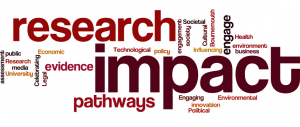 Join us to take a closer look at how research can have an impact beyond academia, and the ways in which this can be achieved.
Join us to take a closer look at how research can have an impact beyond academia, and the ways in which this can be achieved.



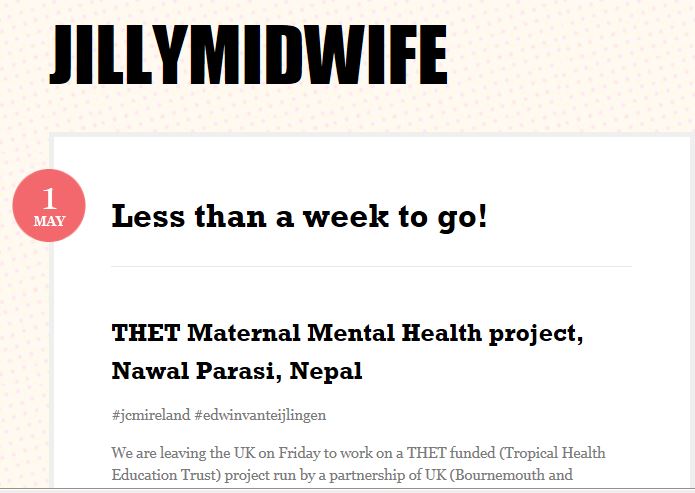
 Sascha Dov Bachmann, Associate Professor in International Law, FMC, has been made Extraordinary Visiting Professor (AP) in War Studies at the Swedish Defence University (FHS). This appointment recognizes his contribution to the work of the
Sascha Dov Bachmann, Associate Professor in International Law, FMC, has been made Extraordinary Visiting Professor (AP) in War Studies at the Swedish Defence University (FHS). This appointment recognizes his contribution to the work of the  Dr. Jenny Hall in CMMPH published her latest article ‘Facilitating learning of spirituality in midwifery’ in the academic journal Spiritual Care [1]. She highlights that there has been considerable discussion in the literature around spirituality at the end of life but little relating to childbirth. Perhaps because of this facilitation of learning around the subject is limited. The aim of this article is to raise awareness of these issues and promote future discussion and research.
Dr. Jenny Hall in CMMPH published her latest article ‘Facilitating learning of spirituality in midwifery’ in the academic journal Spiritual Care [1]. She highlights that there has been considerable discussion in the literature around spirituality at the end of life but little relating to childbirth. Perhaps because of this facilitation of learning around the subject is limited. The aim of this article is to raise awareness of these issues and promote future discussion and research. As an ECR I am delighted to see that a research paper that Prof. Pritchard and myself wrote in 2014 has been cited in one of the most well regarded journals in the field.
As an ECR I am delighted to see that a research paper that Prof. Pritchard and myself wrote in 2014 has been cited in one of the most well regarded journals in the field.
 When applying to become a Research Assistant for this project I expected mostly data collection and being involved in the recruitment of participants. With a background in psychology, and having worked as a voluntary Research Assistant before, I found the aim of my work slightly different. When joining the research team and the Nutrition and Dementia project in January, I got happily surprised of my part in the project. I was greatly welcomed by Dr Jane Murphy RD RNutr, Joanne Holmes RNutr and Cindy Brooks, Research Assistant.
When applying to become a Research Assistant for this project I expected mostly data collection and being involved in the recruitment of participants. With a background in psychology, and having worked as a voluntary Research Assistant before, I found the aim of my work slightly different. When joining the research team and the Nutrition and Dementia project in January, I got happily surprised of my part in the project. I was greatly welcomed by Dr Jane Murphy RD RNutr, Joanne Holmes RNutr and Cindy Brooks, Research Assistant.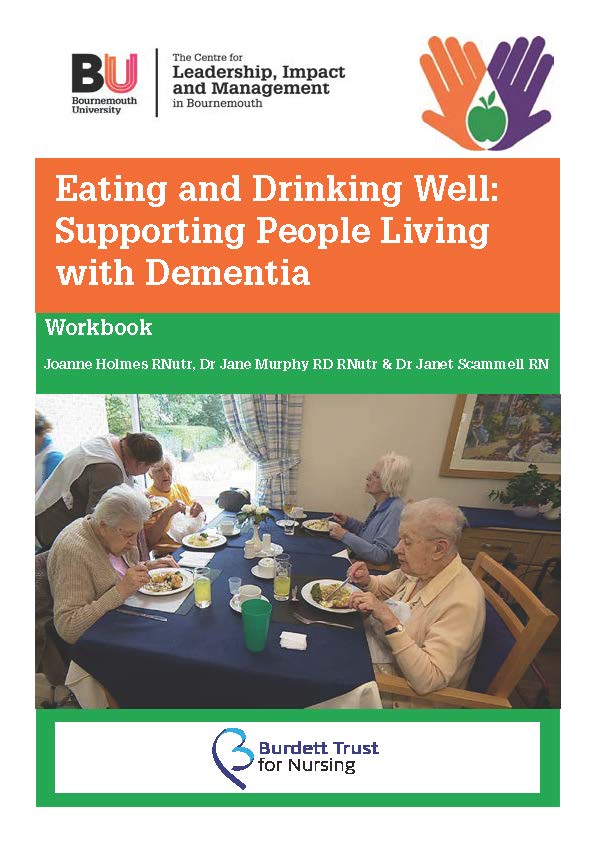
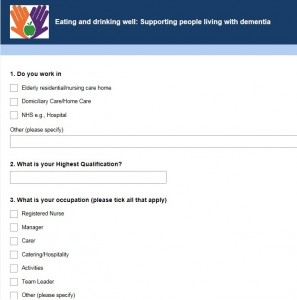
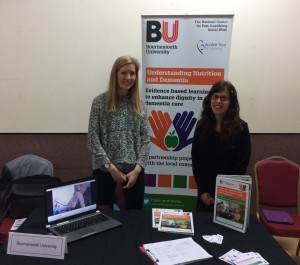
 The April issue of the Journal of Neonatal Nursing will publish the latest article written by a combination of Faculty of Health & Social Sciences staff and Visiting Faculty. The paper ‘Experiences of fathers with babies admitted to neonatal care units: A review of the literature’
The April issue of the Journal of Neonatal Nursing will publish the latest article written by a combination of Faculty of Health & Social Sciences staff and Visiting Faculty. The paper ‘Experiences of fathers with babies admitted to neonatal care units: A review of the literature’ 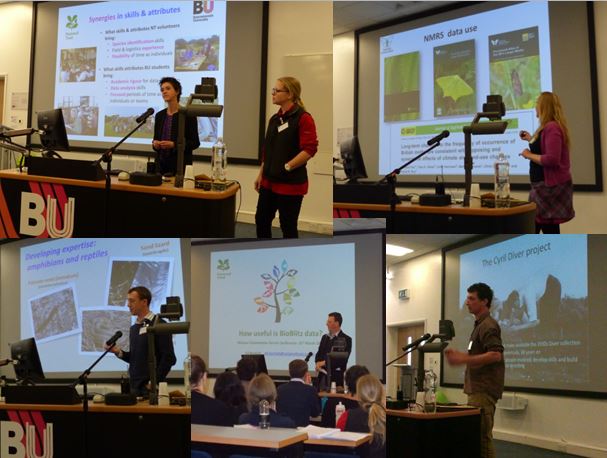
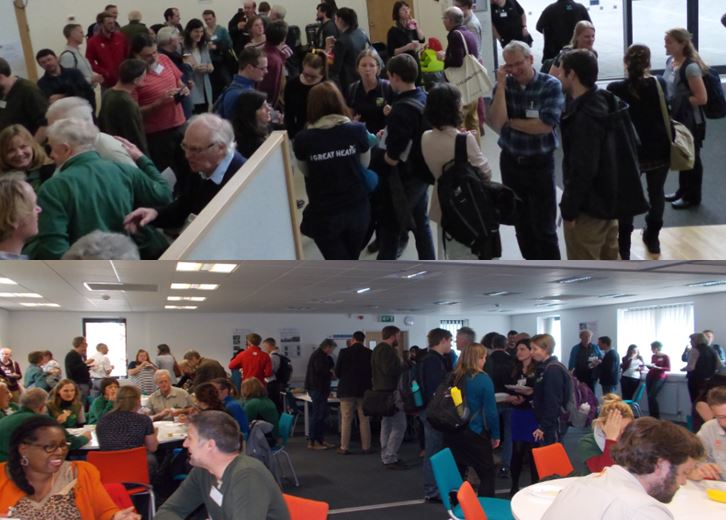
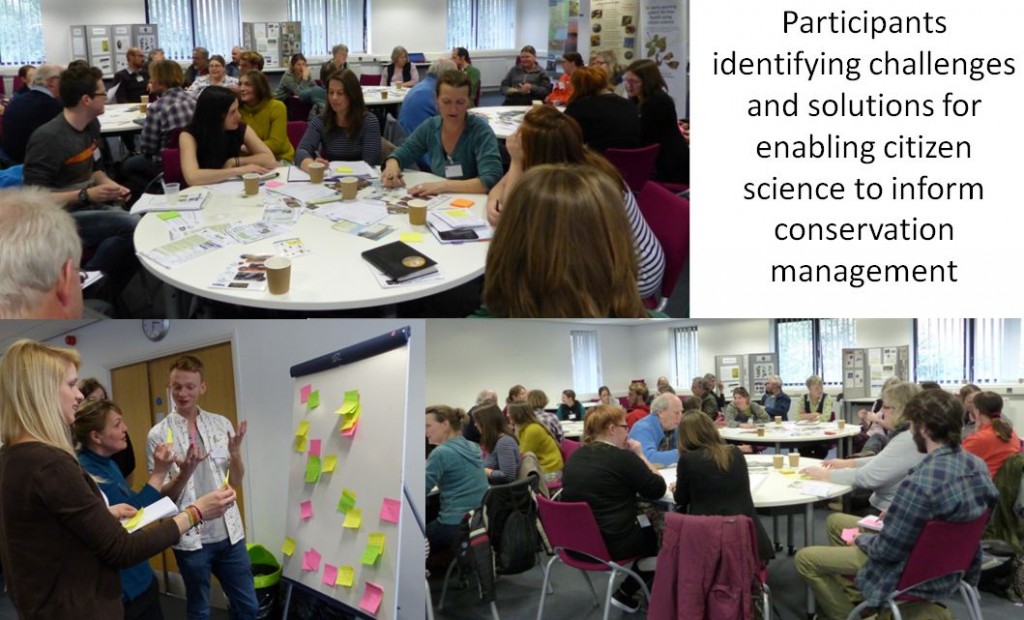
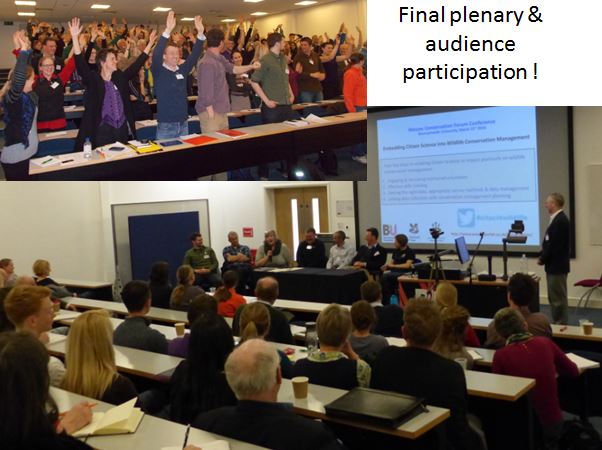
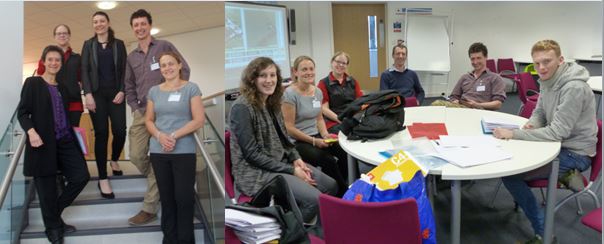


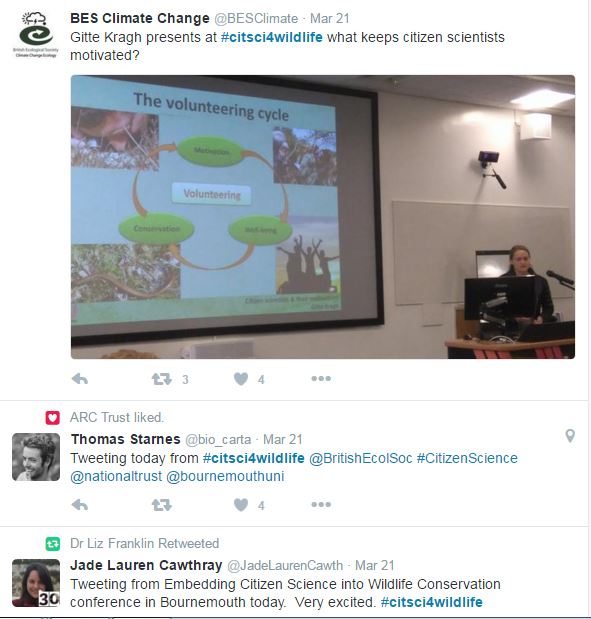
 Some things are worth fighting for… liberty, freedom of speech…people have died for these.
Some things are worth fighting for… liberty, freedom of speech…people have died for these.










 FHSS academics teaching in Nepal
FHSS academics teaching in Nepal New weight change BU paper
New weight change BU paper One week to go! | The 16th Annual Postgraduate Research Conference
One week to go! | The 16th Annual Postgraduate Research Conference Geography and Environmental Studies academics – would you like to get more involved in preparing our next REF submission?
Geography and Environmental Studies academics – would you like to get more involved in preparing our next REF submission? Congratulations to three former BU staff
Congratulations to three former BU staff MSCA Staff Exchanges 2024 Call – internal deadline
MSCA Staff Exchanges 2024 Call – internal deadline Applications are now open for 2025 ESRC Postdoctoral Fellowships!
Applications are now open for 2025 ESRC Postdoctoral Fellowships! Horizon Europe – ERC CoG and MSCA SE webinars
Horizon Europe – ERC CoG and MSCA SE webinars MaGMap: Mass Grave Mapping
MaGMap: Mass Grave Mapping ERC grants – series of webinars
ERC grants – series of webinars